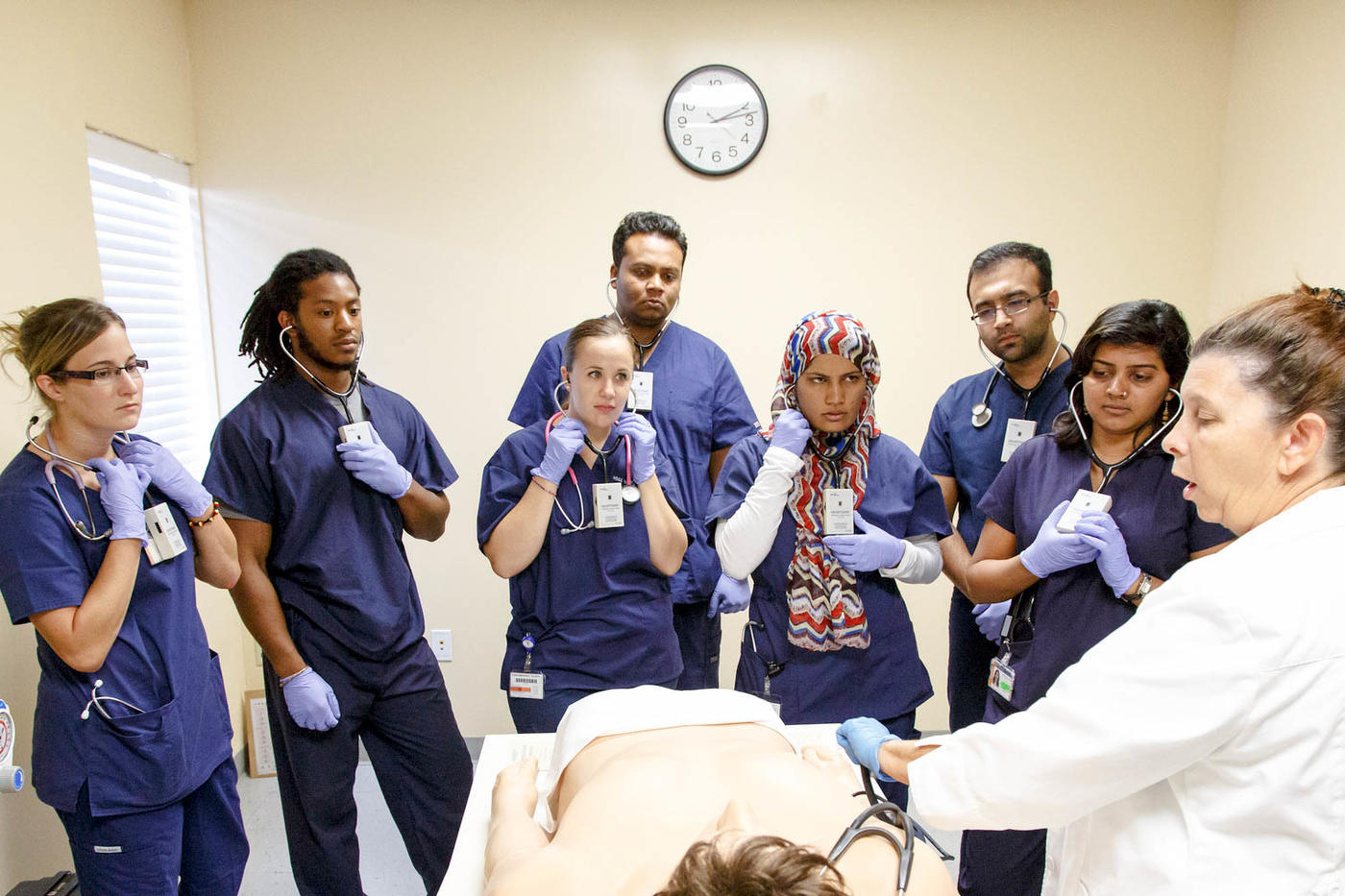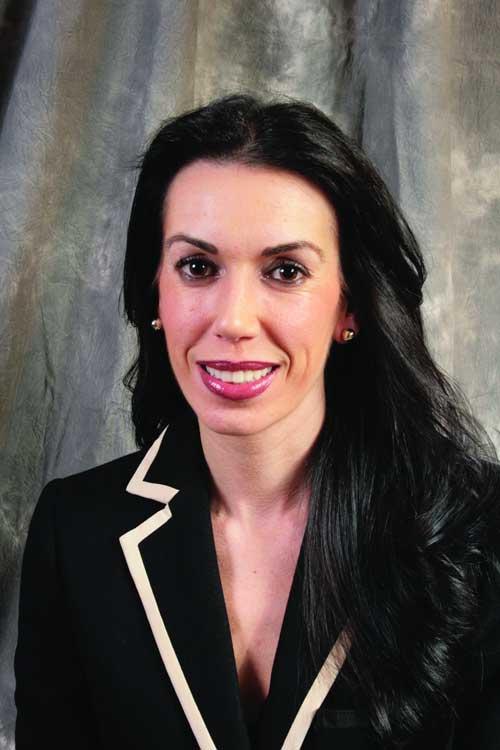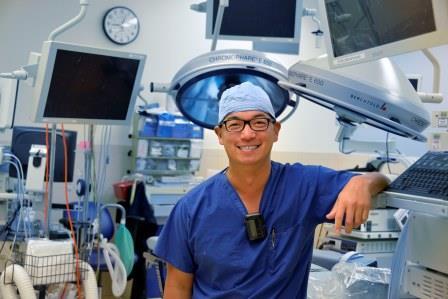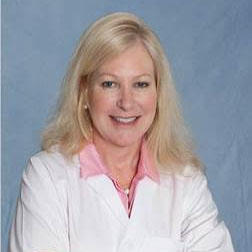Changing Careers to Health Care
We’ve graduated students in similar situations who dream of becoming doctors. They’ve gone on to earn their MDs, attain residencies and fellowships, and move on to careers as physicians. Are you contemplating changing careers to healthcare? Are you currently in the healthcare field and want to change healthcare careers? RUSM can help you prepare for a new role as a physician.
The majority of students who matriculate into medical school in the United States are in their early to mid-twenties. Although older students may find it more difficult to gain admission to medical schools, they may also find that their maturity and life experience are taken into consideration by schools willing to give “nontraditional” students an opportunity to study medicine in addition to offering opportunities to change healthcare careers. A mid-career switch to healthcare can be the beginning of a meaningful future as a doctor.
- May be older than “traditional” medical school students who enter medical school directly after completing their undergraduate degree – non-traditional medical school students are often in their late 20s, 30s, or even 40s
- May have different levels of maturity than fresh-out-of-undergrad students
- May have broader levels of work experience, giving them a deeper understanding of business and industry
- Often have worked in a medically related profession, which can give their applications—and life at medical school—a boost
Wondering what jobs our graduates and currents students have come from when they’re changing careers? Whether you’re looking for a career changes for nurses, education professionals, or computer science we've accepted career-changers from both medical and non-medical backgrounds, including:
- Respiratory therapists
- Nurses
- EMTs
- Paramedics
- Physician assistants
Outside the medical realm, the list gets even more varied. The following is just a sample of careers that Ross graduates have worked in prior to changing careers to healthcare:
- Elementary education
- Computer science
- Project management/engineering
- Athletic training
- Professional sports






